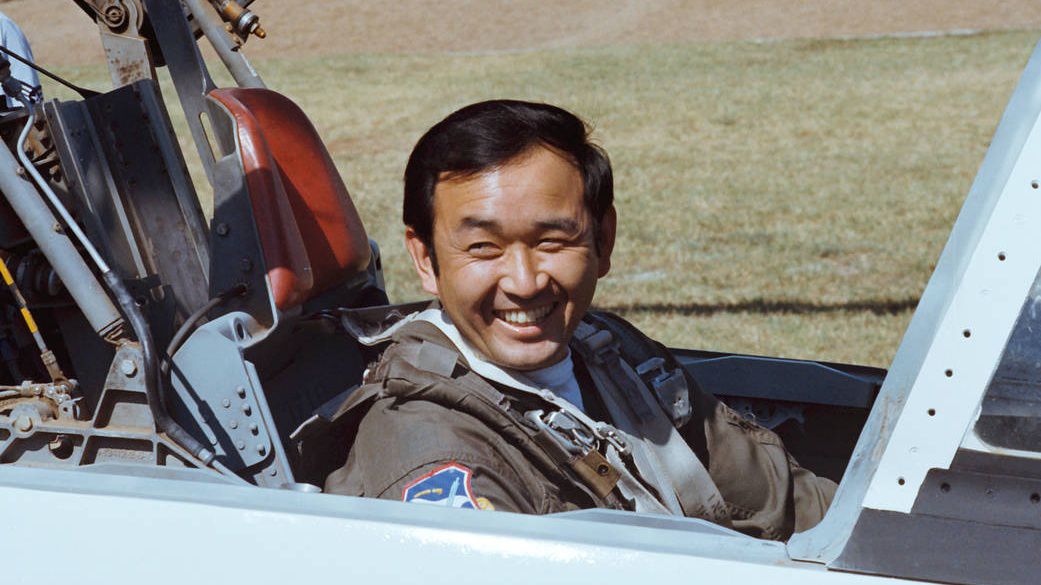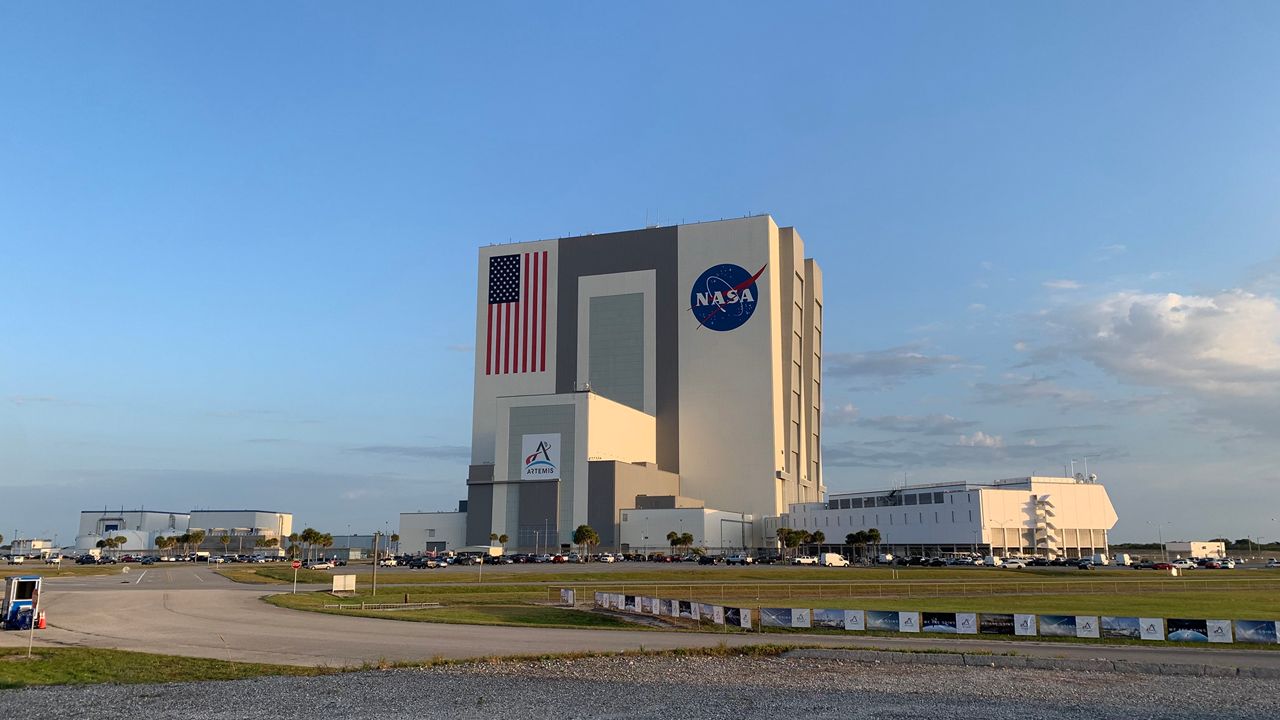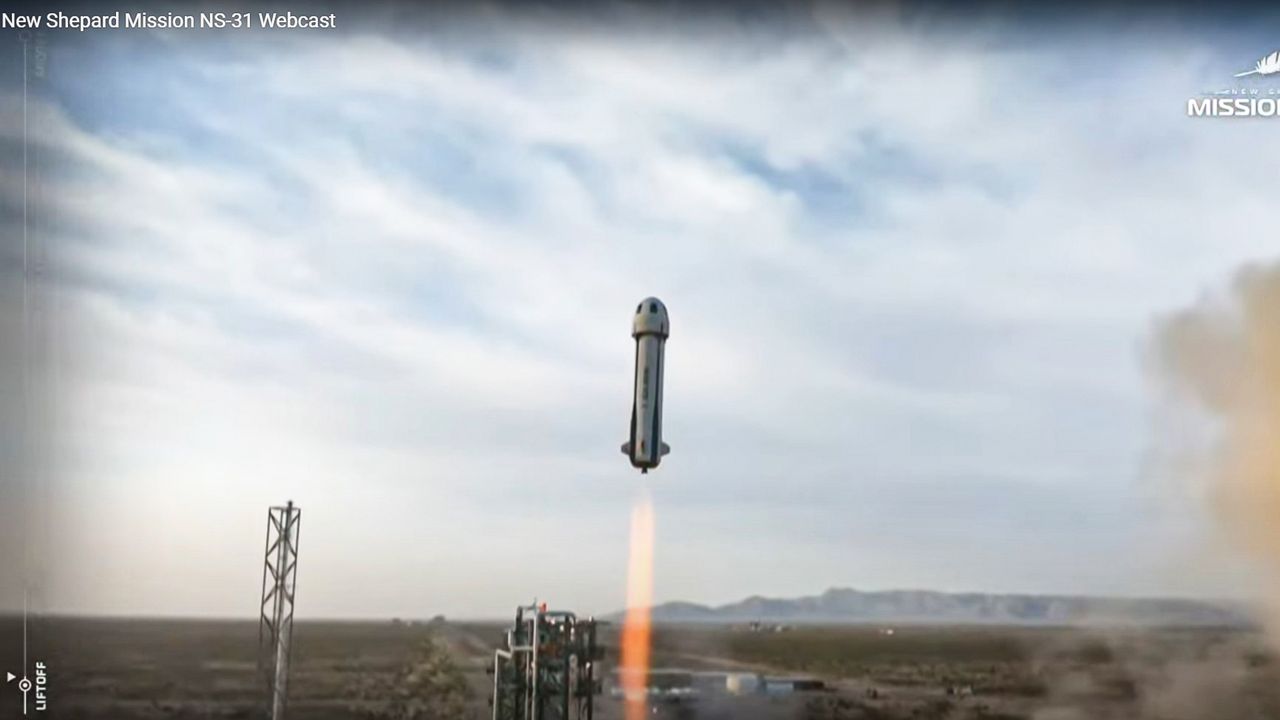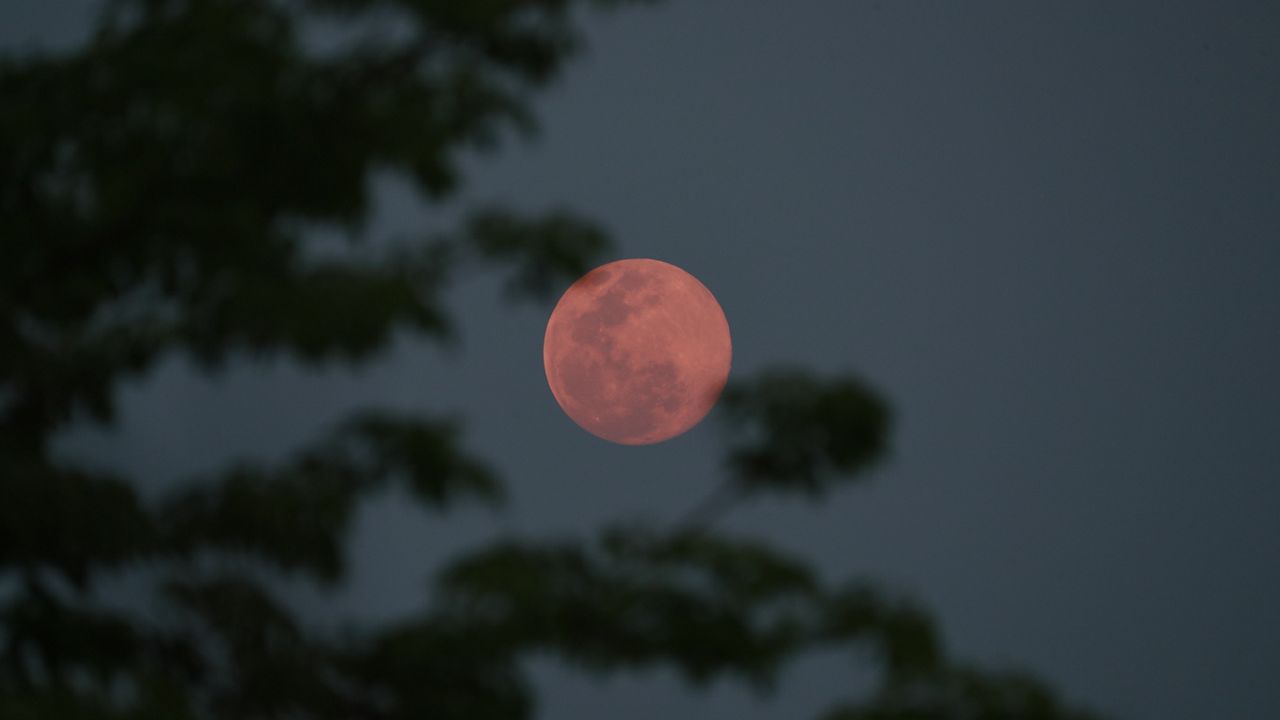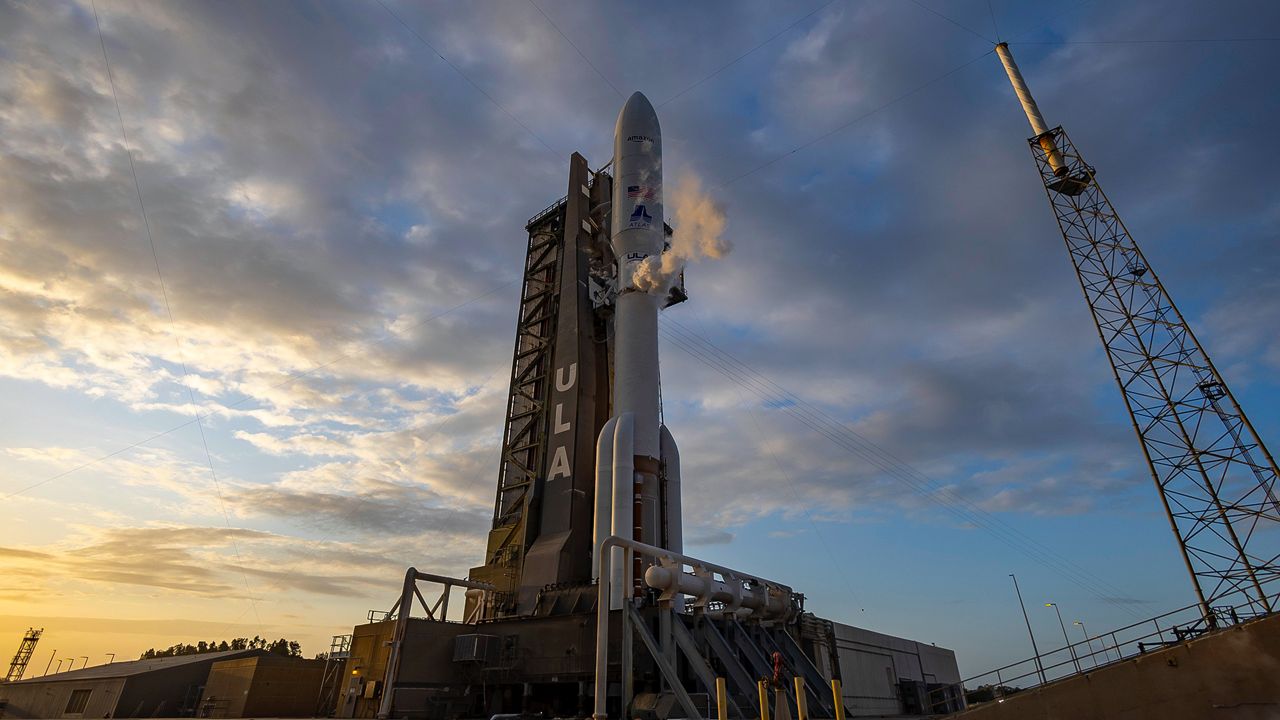U.S. Air Force Lt. Col. Ellison Onizuka’s may not be the first name you think of when you hear about space exploration. But he forged a lasting legacy after becoming the first Asian American to fly in space.
Onizuka was born on June 24, 1946 in Kealakekua, Kona, Hawaii. He graduated from the University of Colorado with both his bachelors and masters in aerospace engineering.
After college, he joined the United States Air Force, where he served as flight test engineer and test pilot at McClellan Air Force Base and Edwards Air Force Base, both in California.
In 1978, NASA selected him for the astronaut program. Onizuka’s astronaut cohorts became known as the “Thirty-Five New Guys.” This class was historic because it became the first to include women, Hispanics, Asian and African Americans.
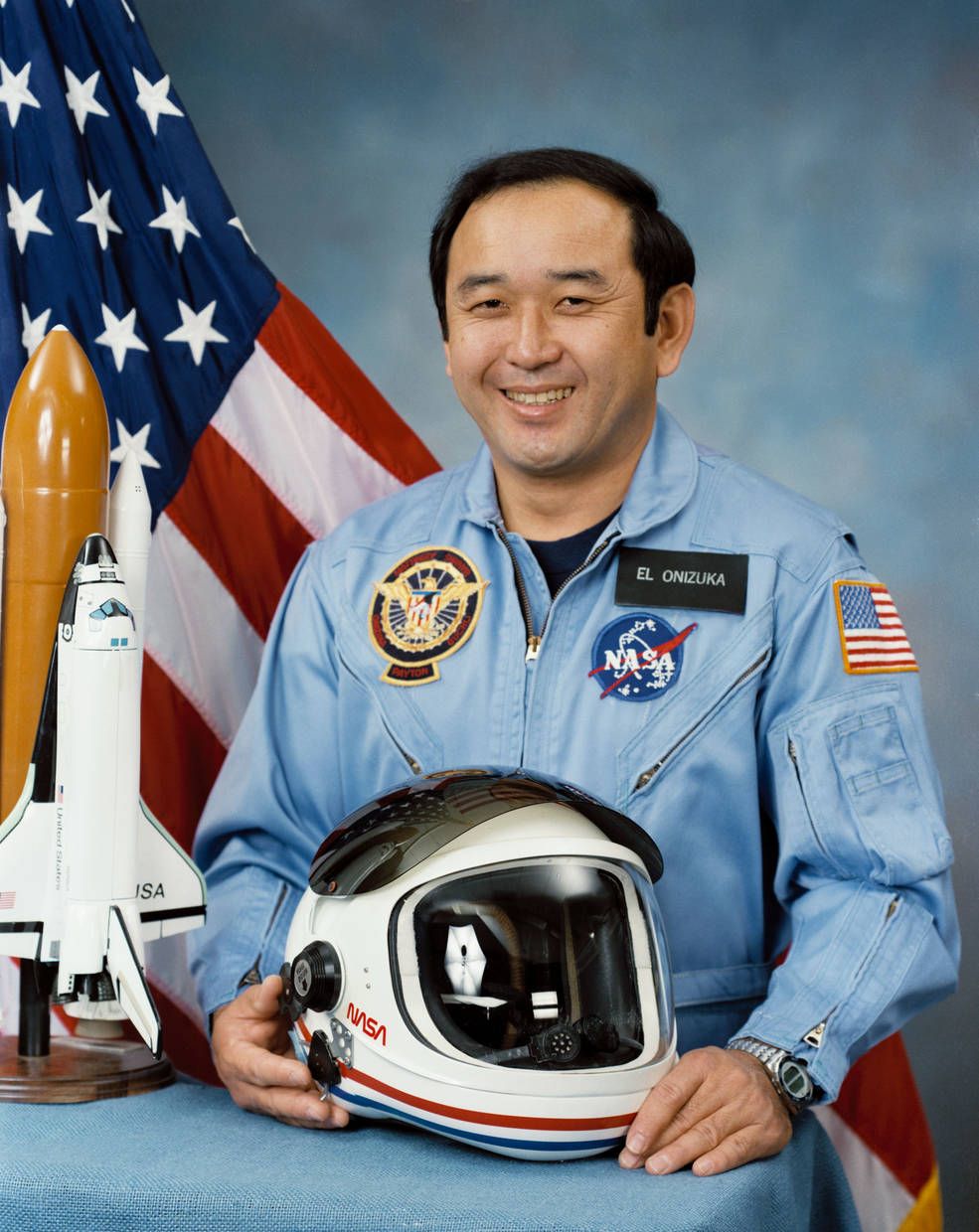
After years of astronaut training, Onizuka’s first space mission was in 1985. His mission was on board the space shuttle Discovery on mission STS-51-C. It was the first space shuttle mission for the Department of Defense.
On that mission, he handled payload activities. By going on this mission, he became the first Asian America, first Japanese-American and first Hawaiian to fly to space.
Onizuka died on Jan. 28, 1986 after the Space Shuttle Challenger exploded 73 seconds after launch at the Kennedy Space Center. He and six other crew members died in the blast.
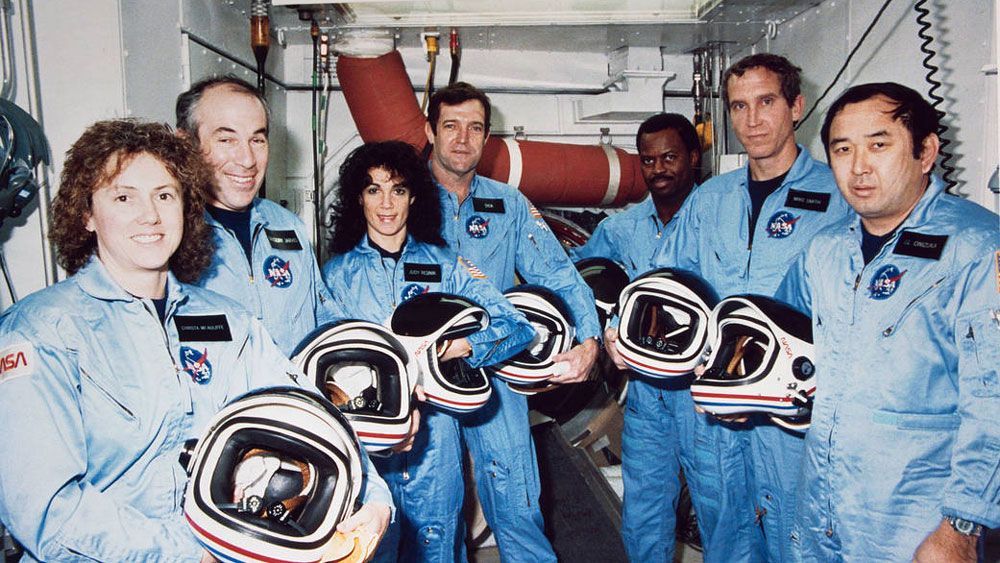
One of our Spectrum News 1 meteorologists took a closer look at the Challenger explosion and how weather played a role in the event. Read it here.
After his death, the U.S. Air Force posthumously promoted Onizuka to colonel and awarded him the Congressional Space Medal of Honor.
The USAF Colonel also gained recognition in several other ways. The U.S. government renamed the Sunnyvale Air Force Station in California to the Onizuka Air Force Station in 1994. In 2010, the station closed down.
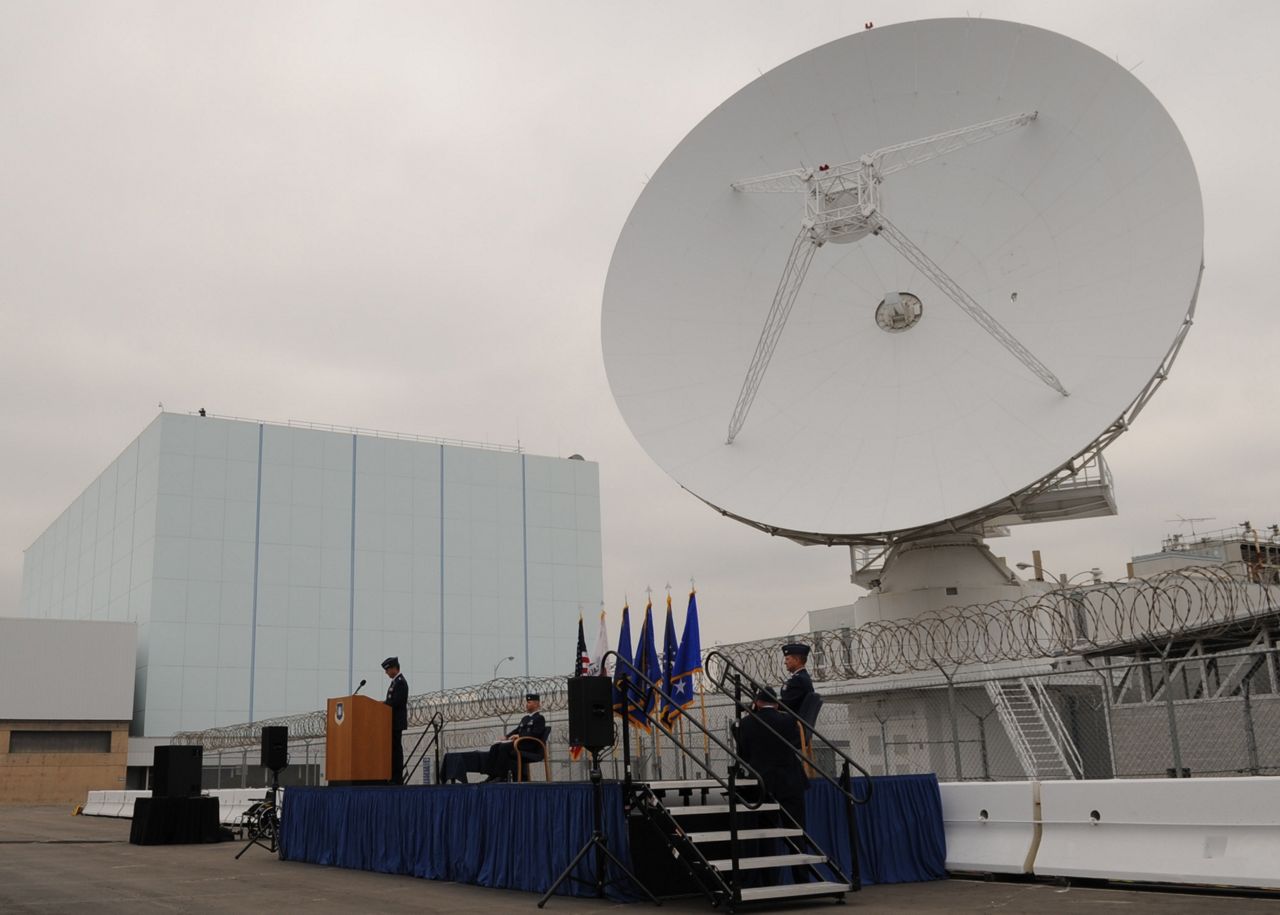
In addition, there is a memorial of the Onizuka in Los Angeles’ Little Tokyo. Also, local colleges in Hawaii and California celebrate Onizuka Space Science Day.
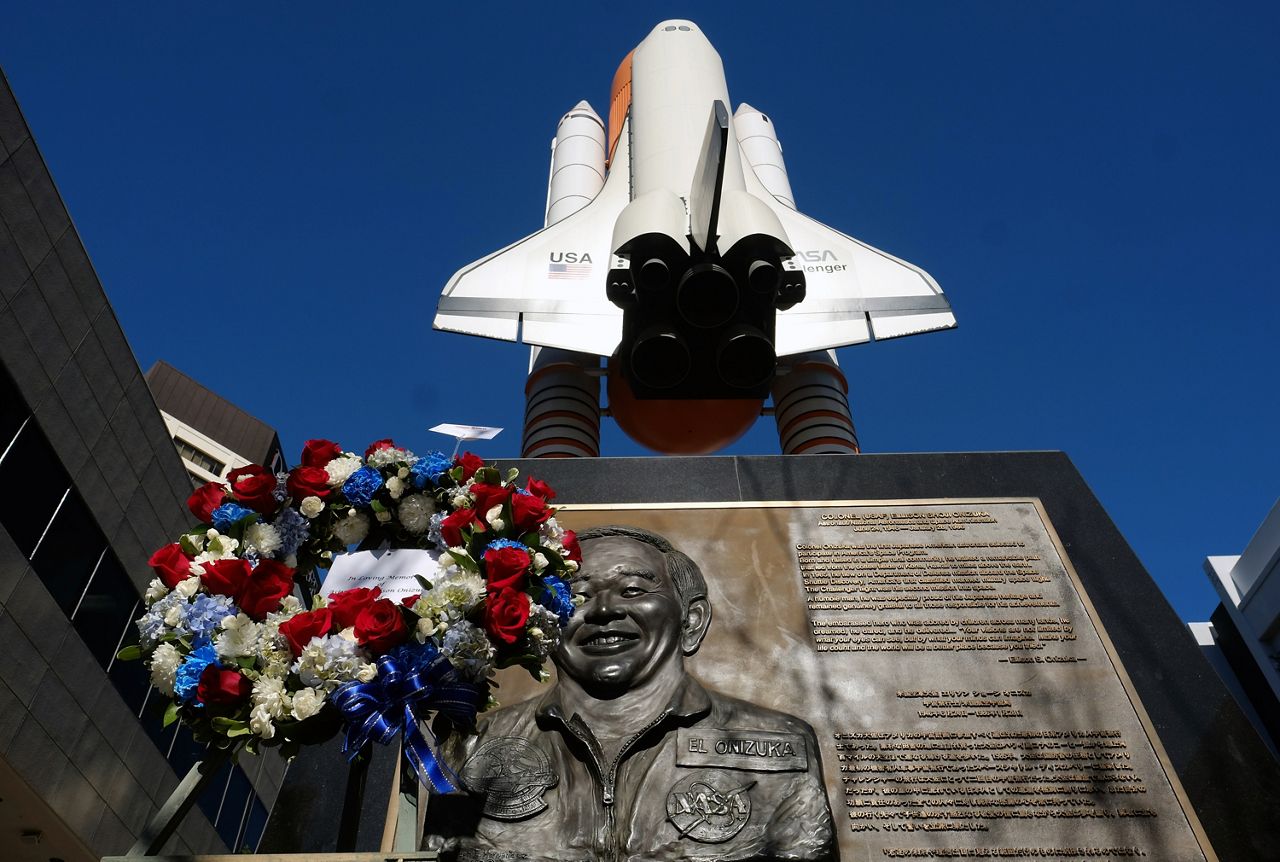
In Hawaii, there is a center named the Onizuka Center for International Astronomy at the Mauna Kea Observatory.
While his life was tragically cut short, Col. Onizuka's legacy lives on after his historic role in space exploration.
Our team of meteorologists dives deep into the science of weather and breaks down timely weather data and information. To view more weather and climate stories, check out our weather blogs section.





